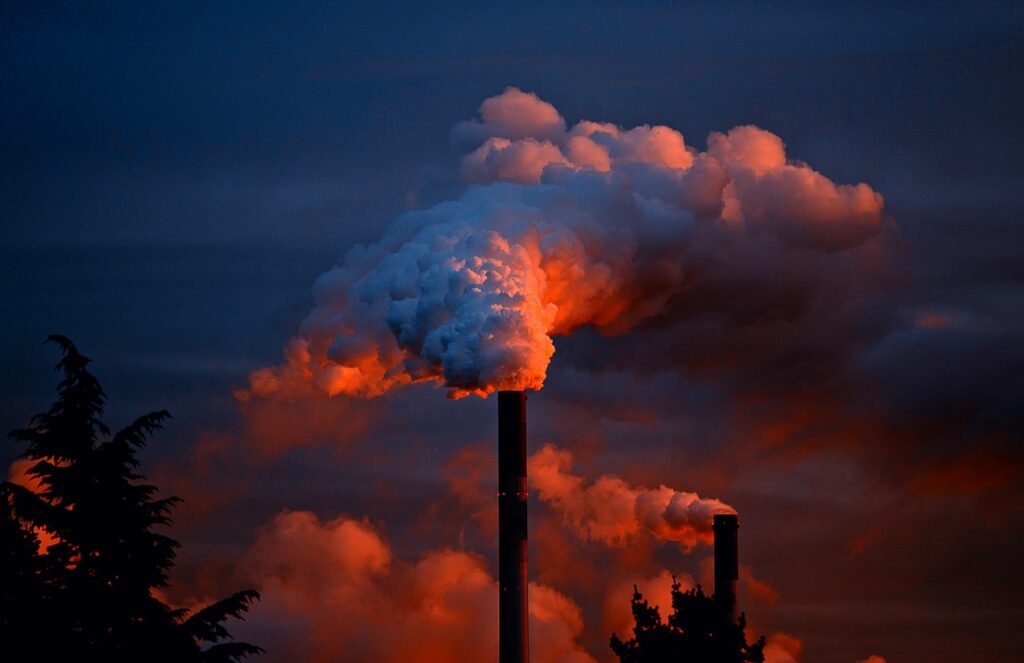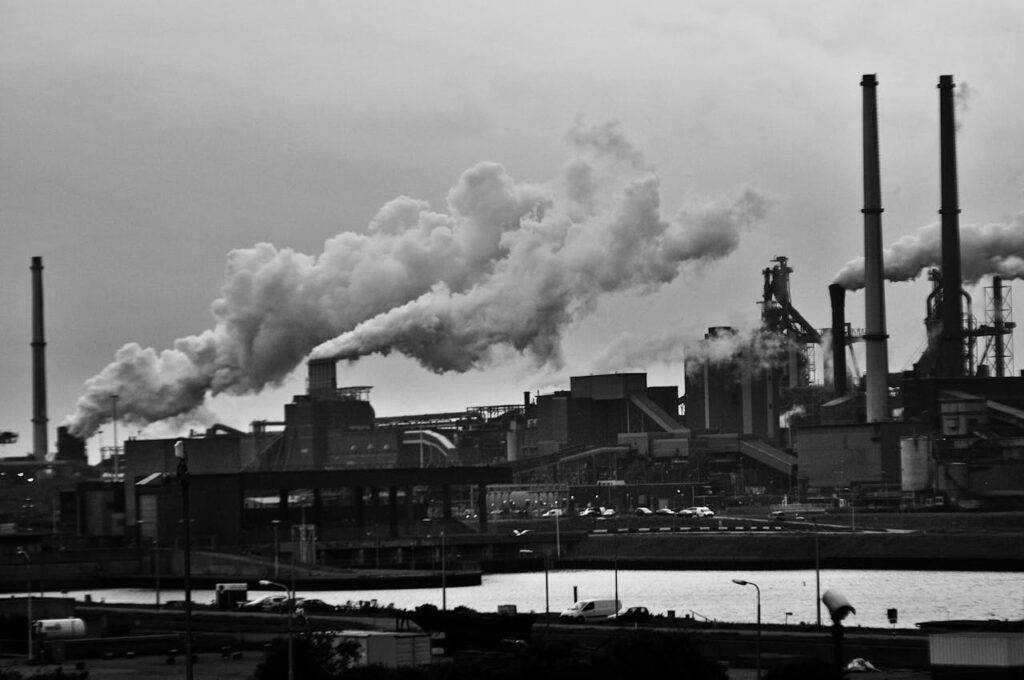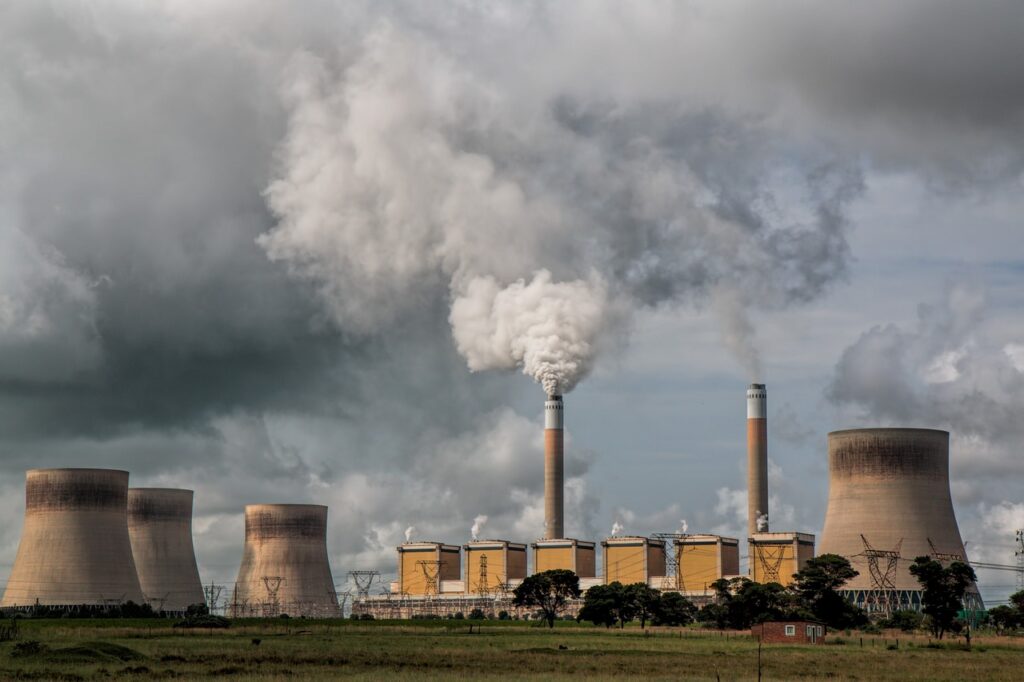Controlling air pollution is a critical issue that affects public health, the environment, and overall quality of life. Here’s a comprehensive guide on how to address air pollution in a medium-length blog post:
How to Control Air Pollution: Effective Strategies and Solutions
Air pollution is one of the most pressing environmental issues today, with significant impacts on health, ecosystems, and climate. Addressing this challenge requires a multifaceted approach involving both individual actions and systemic changes. Here’s how we can effectively control air pollution and work towards a cleaner, healthier environment.

1. Promote Renewable Energy Sources
Transitioning from fossil fuels to renewable energy sources such as wind, solar, and hydroelectric power is crucial in reducing air pollution. Fossil fuel combustion releases harmful pollutants like sulfur dioxide (SO2), nitrogen oxides (NOx), and particulate matter (PM), which contribute to smog and respiratory problems. By investing in and adopting renewable energy, we can significantly cut down on these emissions.
Actions You Can Take:
- Support policies and initiatives that promote renewable energy.
- Install solar panels or other renewable energy systems for your home or business.
- Advocate for clean energy solutions in your community.
2. Enhance Public Transportation and Reduce Vehicle Emissions
Transportation is a major source of air pollution. Emissions from vehicles contribute to smog, greenhouse gases, and health issues. Improving public transportation and encouraging the use of electric or hybrid vehicles can help reduce the number of pollutants released into the atmosphere.
Actions You Can Take:
- Use public transportation, carpool, or bike whenever possible.
- Support local and national policies aimed at reducing vehicle emissions.
- Consider purchasing electric or hybrid vehicles.

3. Implement Industrial Regulations and Best Practices
Industries are significant contributors to air pollution, with emissions from factories and power plants being major sources of pollutants. Stricter regulations and the adoption of cleaner technologies can help mitigate these effects.
Actions You Can Take:
- Advocate for and support stricter environmental regulations.
- Encourage industries to adopt cleaner technologies and practices.
- Promote corporate responsibility and transparency in emissions reporting.
4. Promote Green Spaces and Urban Planning
Green spaces such as parks and trees can help absorb pollutants and improve air quality. Urban planning that incorporates green infrastructure not only benefits the environment but also enhances the well-being of residents.
Actions You Can Take:
- Support local initiatives to create and maintain green spaces.
- Participate in community tree-planting events.
- Advocate for urban planning policies that prioritize environmental sustainability.
5. Reduce, Reuse, and Recycle
Waste management practices have a direct impact on air quality. Landfills and incineration can release harmful pollutants into the air. By reducing waste, reusing materials, and recycling, we can minimize these emissions and conserve resources.
Actions You Can Take:
- Practice the three Rs: Reduce, Reuse, and Recycle.
- Compost organic waste to reduce landfill use.
- Support and participate in recycling programs.
6. Educate and Advocate
Raising awareness about air pollution and its effects is essential for driving change. Educating yourself and others can lead to more informed decisions and greater community involvement.
Actions You Can Take:
- Share information about air pollution and its impact on health.
- Participate in or organize community events focused on environmental education.
- Advocate for policies and practices that promote cleaner air.
Conclusion
Controlling air pollution requires collective effort and commitment from individuals, communities, industries, and governments. By taking proactive steps such as supporting renewable energy, improving transportation, enforcing regulations, promoting green spaces, managing waste effectively, and educating others, we can work towards a healthier and more sustainable environment. Every action counts, and together, we can make a significant impact on air quality.


